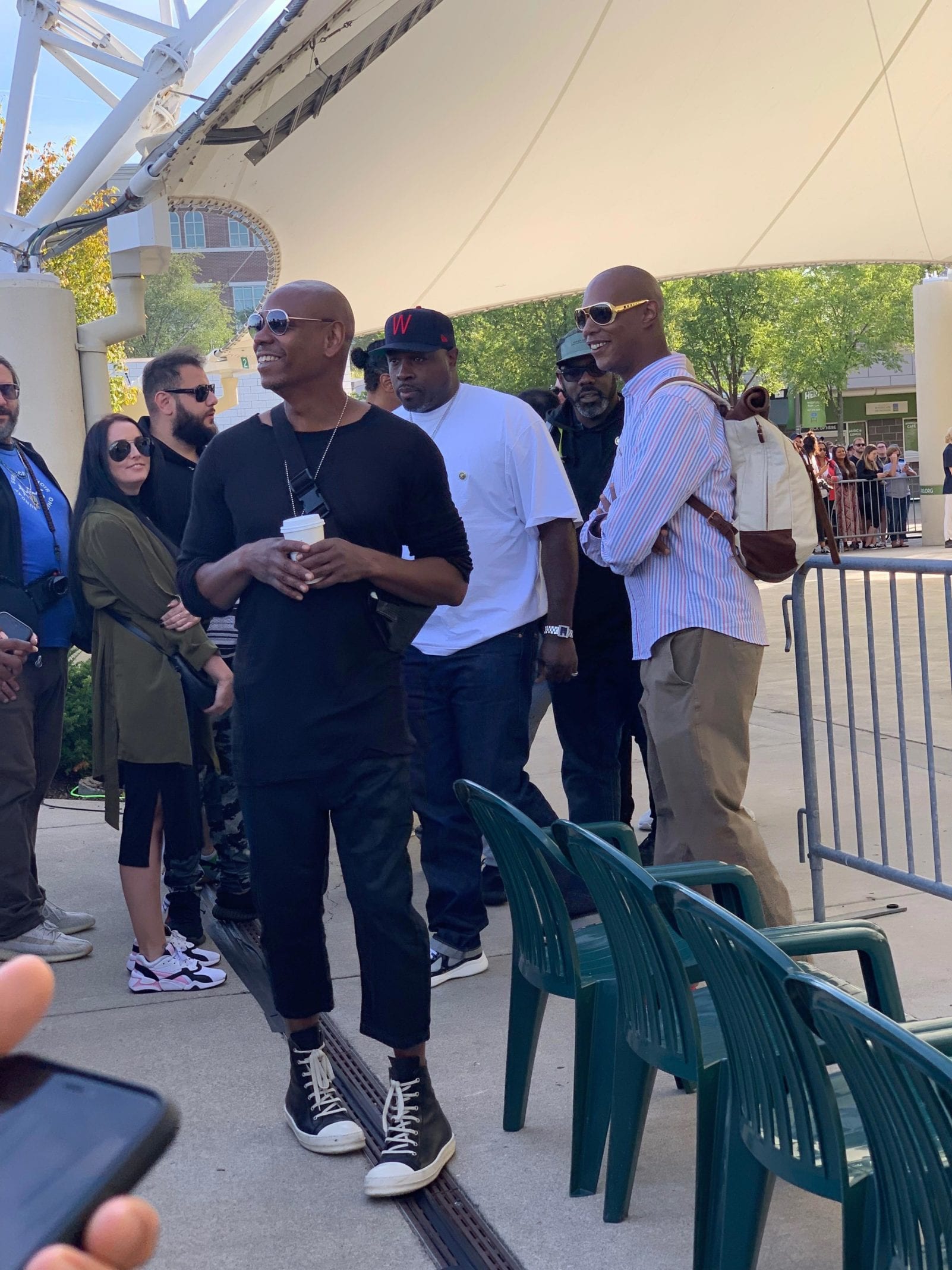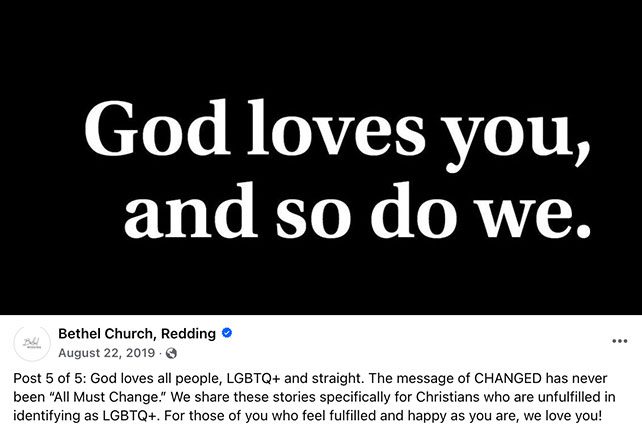One of the notions a lot of us hold somewhat unconsciously is that God’s commands are mainly about getting us to behave better. We think God has set up some rules and he’ll reward us if we follow them.
I run into this all the time in the training and coaching we do at Gravity Leadership, and in discipling leaders locally through the church plant I co-pastor:
- “I should know better…”
- “I know God wants me to be better at this…”
- “I’m trying hard to do what God wants…”
We imagine God’s commands are an expression of his desire to control us. Some arbitrary rules God has set up for his own mysterious benefit.
Arbitrary rules or best practices?
But what if God’s commands aren’t about getting you to behave better? What if God isn’t trying to control us at all?
What if God’s commands are actually given to us for our flourishing? What if they’re not arbitrary rules but more like “best practices” for being human? What if he’s actually trying to help us become truly human?
This thought is captured well by St. Theophan the Recluse, an Orthodox monk who wrote a series of letters to a woman coming to faith in 19th century Russia:
I think many people do not live as they should, because they think that rules about the worthwhile life are outwardly imposed, and not springing from man’s very nature, and therefore not needed.
Moral performance or mutual participation?
So, for example, I noticed awhile back that every time I read the word “righteousness” in the Bible, that I assumed it basically meant “doing a good job at following God’s arbitrary rules.” I assumed living a righteous life in God’s kingdom was mainly about about moral performance, measuring up, getting it right, behaving better.
But I’m learning that righteousness is less about moral performance for God and more about mutual participation with God.
Here’s what I mean. Take Psalm 15, for example. The Psalmist begins,
Lord, who may dwell in your sacred tent?
Who may live on your holy mountain?
Then we hear the answer:
The one whose walk is blameless,
who does what is righteous,
who speaks the truth from their heart…
Righteousness as moral performance
One way to interpret this passage is to assume that righteousness is about moral performance. It sounds like this:
The righteous person performed in an exemplary way, and his reward is that he gets to dwell in the Lord’s sacred tent, on the holy mountain. God noted his moral performance and said, “Great job! As a reward, you can hang out in here with me!”
Righteousness as mutual participation
But there’s another way to interpret why the righteous person is hanging out in God’s sacred tent. This is the mutual participation interpretation:
The righteous person trusted that God’s way was good, and so she began living into it (speaking the truth, etc). She found as she did so that God was there with her, empowering her to continue to live abundantly.
The more she practiced this new way of life, the more her life could be characterized as a with-God life. The natural result was a life on God’s holy mountain, hanging out in the Lord’s sacred tent.
Dwelling in God’s sacred tent isn’t a reward for good behavior, it’s just the natural result of choosing to flow with grace in God’s kingdom. It’s just what happens when you “practice righteousness.” It’s a natural result, not a reward.
In fact, that’s why God urges us to practice righteousness! Not because he is capricious and controlling, but because he knows that our life will flourish with him and others when we live in this way.
Righteousness is good, but not because God arbitrarily decided it was, or because God finds pleasure in controlling people, but because it’s the best way to bring human flourishing to ourselves and others!
In other words, God isn’t trying to get us to behave better, he’s proclaiming the good news of what we were truly made for, and inviting us to live into it! Speaking the truth, walking in the light, living righteously with our neighbors, etc, are all just best practices for being human.
Training in righteousness
It’s like physical training. If I want to get in shape or lose weight, I engage in practices that will help me advance toward this goal: I go to the gym regularly, I get plenty of sleep, I eat healthy, nutritious food. But why? Do I think the gym gods will reward my performance with a more in-shape body? Of course not.
Losing weight and feeling better aren’t a reward for my good performance, it’s just my body’s natural response to my new practice. It’s a natural result of a certain kind of life, not a “reward.” It’s just what happens.
This is the dynamic in 2 Peter 1:3-11. God’s power gives us everything we need for a godly life, so he urges us to make every effort to add to our faith: goodness, knowledge, self-control, etc. And why?
For if you possess these qualities in increasing measure, they will keep you from being ineffective and unproductive in your knowledge of our Lord Jesus Christ… if you do these things, you will never stumble, and you will receive a rich welcome into the eternal kingdom of our Lord and Savior Jesus Christ.
Being effective and productive, never stumbling, receiving a rich welcome in the kingdom… all natural results of the kind of life that “adds to your faith,” not rewards for good behavior.
In other words, the “righteousness” we are called to practice in this passage is a way for us to mutually participate with God in his kingdom, not a moral performance we complete apart from God and hope he’s pleased.
People who join with God and live the life he shares with us get certain “results” as simple byproducts of living a certain kind of life, because how can we not? We’re sharing in the very life of God!
We’ll never die, because God won’t die. We’ll never stumble, because God is sure-footed. We’ll never be shaken, because God is never shaken. We lack nothing, because God lacks nothing. And we are drawing our very life from our communion with him.
Our flourishing is always a byproduct of our mutual participation, never a reward for our moral performance.
Repentance is just stepping back into the flow
The good news, then, is that God isn’t trying to get you to behave better. At least not for the reasons you might think. He’s simply inviting you to experience life with him in his kingdom, where you’ll never be shaken, never stumble, where you’ll receive a rich welcome.
And any time we notice we’re not experiencing those things, all it means is that we’ve momentarily stepped outside the flow of the kingdom. All we need to do is simply step back in. That’s repentance, just stepping back in to life in the kingdom.
There is no reconnection fee. No lengthy explanation needed. No penance required. God is not frustrated or flustered by it in the least. He is simply there in his sacred tent, waiting for us to step back into the abundant life he offers, warmly welcoming us when we do so.
This article about God isn’t trying to get you to behave better originally appeared here.

















